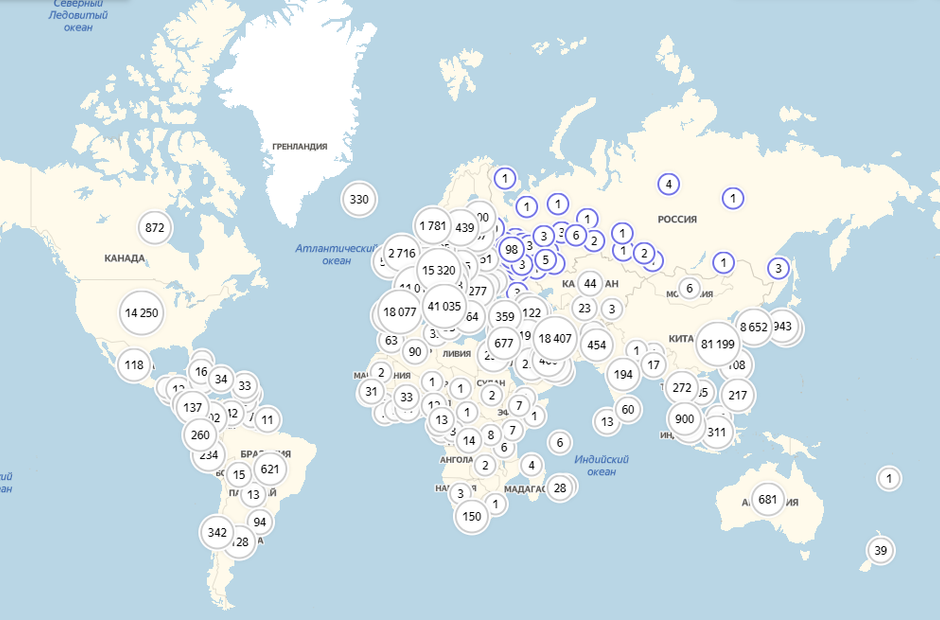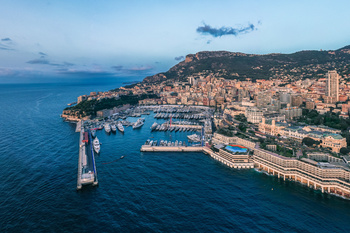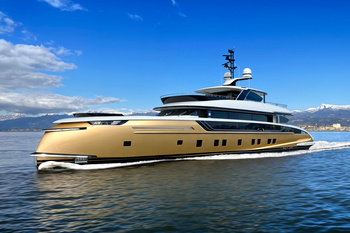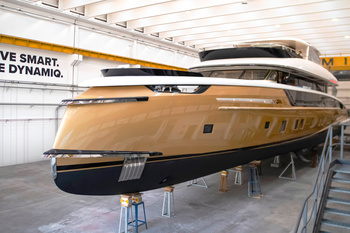The COVID-19 Coronavirus has been walking the planet since January without thinking of giving up on speed. By March 23rd, nearly 340,000 cases had been confirmed worldwide. Almost 99 thousand people were successfully infected with the new virus and recovered, but for more than 14.7 thousand, including the employee of the headquarters of Mercury Marine, it was fatal.On 20 March, the death of an Italian Fincantieri shipyard worker from the Coronavirus was confirmed at the age of 54.
Countries are closing borders one after another, and people are calling for as few social contacts as possible, for public transport to be eliminated and for personal hygiene to be given increased attention. Companies transfer employees to remote locations. All this, together with such events as fall of world oil prices inevitably affects the world economy. The yachting industry is also affected by the crisis.
Cancellation of events and decline in demand
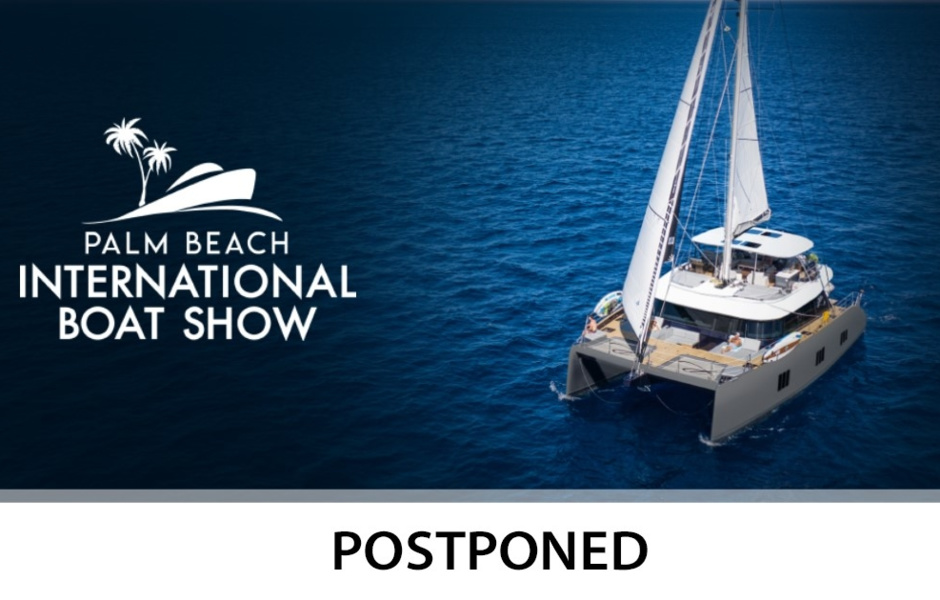
Organisers of yacht shows, rendezvous and summits, which were to be held in March and April around the world, are massively cancelling and moving their events to summer and autumn. The Quebec City Boat Show is closed just 7 hours after the opening due to the restriction of events for over 250 people in Canada.
In Amsterdam HISWA Amsterdam Boat Show managed to work 2 days out of 5 planned.
In some cases, changes in dates apply even to exhibitions scheduled for May or June. The Limassol Boat Show in Cyprus, 7-10 May, was also questioned. British Motor Yacht Show has been moved from 14-17 May to 11-14 June. The Posidonia in Athens is now 26-30 October instead of 1-5 June, while the Venetian Boat Show, for example, is still scheduled for 3-7 June and the Hamburg Ancora Yachtfestival for 5-7 June.
For the entire industry, cancellations and, to some extent, postponements of exhibition dates certainly mean lost potential orders.
Fortunately, the main exhibition season starts in September, and by that time the pandemic may already be gone under a favorable scenario.
«As for the impact of coronavirus on the demand for yachts, we can see a deferred demand that will remain until free movement around the world is restored," says Daniel Slugevich, Commercial Director and co-founder of Boutique. Yachts. - Yachts is not a product that you can buy online: you have to watch them live, monitor the construction process at the factory. After the Schengen borders were closed, it became impossible.
When movement around Europe recovers, we may see a stir in the yacht market: everyone who has postponed buying due to the crisis will be buying actively. In this situation, the winners will be those sellers who will reduce the price in time and will be able to sell as quickly as possible on a wave of peak demand. In turn, buyers who have a financial "cushion" in dollars or euros, will have a chance to make a profitable deal both in the secondary market and in the construction of new yachts.
In the case of new yachts, financially stable shipyards can give them the opportunity and provide the most comfortable way out of the crisis by maintaining good order numbers and good cashflow.
In company Y.CO also adds that it is not necessary to compare current crisis with crisis of 2008 as this time the industry is better prepared for a situation.
The pandemic has also made adjustments to the sailing calendar. Clipper Race circumnavigation will take place without stopping in Qingdao, China. The «America»'s Cup World Series in Sardinia, which is scheduled to take place April 23-26, has not yet been changed, but the extension of the quarantine in Italy could jeopardize the competition.
Losses of companies and sick employees
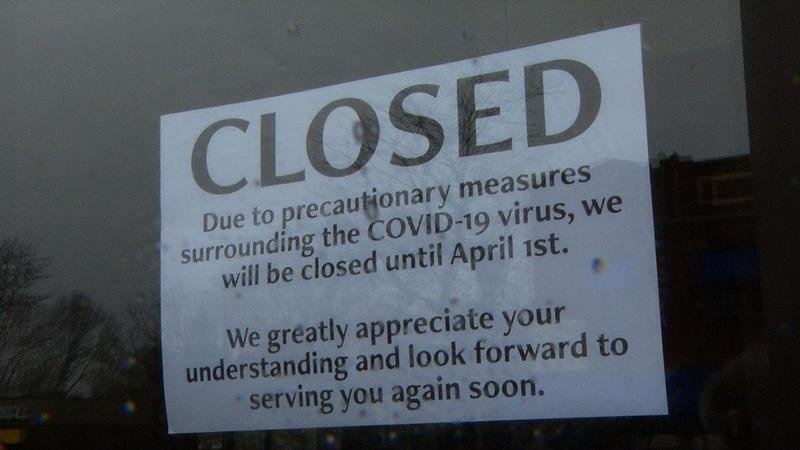
Sunseeker UK shipyard CEO Andrea Frabetti was forced to make a statement on March 20 about the company's redundancy. Over the next two months, the shipyard will have to cut its payroll and lay off some of its employees. 2200 people work at Sunseeker today.
There may be some difficulties in Sunseeker production if France and Germany switch to full isolation mode for more than 2-3 weeks after Italy. Frabetti does not believe in a repeat of the 2008-2009 crisis.
Kiran Haslam, Marketing Director at Princess Yachts, UK, believes that Coronavirus is a reason for the industry to move to a new sales model.
«With the current promotion model, we rely heavily on exhibitions where a group of people will come to see the boats. It's very old-fashioned. It's incredibly expensive, it goes against the global trend towards sustainability and it's obvious that when events like what we're seeing now are vulnerable. The industry really needs to come together and focus on how we can more actively and uniformly support key events, and of course we need to diversify our advertising platforms," says Haslam».
Regarding the impact of the pandemic, the director of marketing at Princess is not as optimistic as his Sunseeker colleague. It is difficult to predict what will happen now, but it will definitely have an impact on the yachting industry, Haslam said.
«In time, of course, everything will get back to normal. But the question is when...»...he concludes.
At the request of the UK government, special protocols are now in place throughout the country, including in production facilities and offices associated with the yachting industry, to reduce the risk of employee contamination.
In the Netherlands, most employees at Heesen, Van der Valk, Feadship and Oceanco have been transferred to remote work. Those who are not allowed to do so by the specifics of their work try to keep a safe distance from each other to avoid getting infected.
The French Beneteau Group has postponed dates or cancelled business trips for its employees. All negotiations have been put online. Production halls located in Italy and France have stopped working, while in the USA and Poland continue to operate, but in slow motion.
Beneteau's compatriots, Dufour Yachts, did the same thing. While the team communicating with customers continues to work remotely, the company's production facilities in France have been frozen during quarantine.
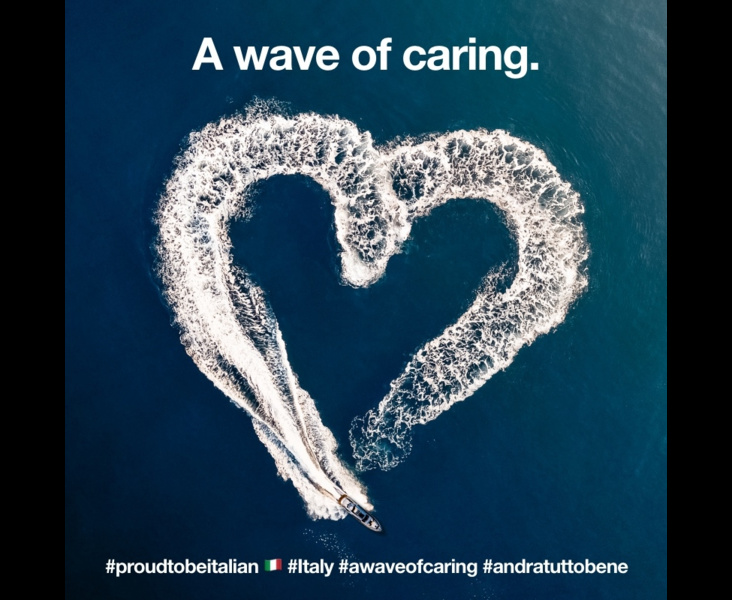
«Italy has been the most starved of coronavirus by the Italian authorities, isolating the northern part of the country from other areas and then banning movement within the country altogether. This disrupted the supply chain of components and spare parts for a number of companies. Some shipyards were forced to suspend operations completely, with Fincantieri, Codecasa and Perini Navi being the first on the list. On 20 March, the death of one Fincantieri employee from Coronavirus, 54, was confirmed. On Sunday, the Italian authorities announced the closure of all non-strategic and optional production facilities, which included the remaining shipyards that were still operating. According to the Italian Prime Minister, the crisis in the country can be compared to the situation after the Second World War.»- notes Daniel Slugevich from Boutique Yachts.
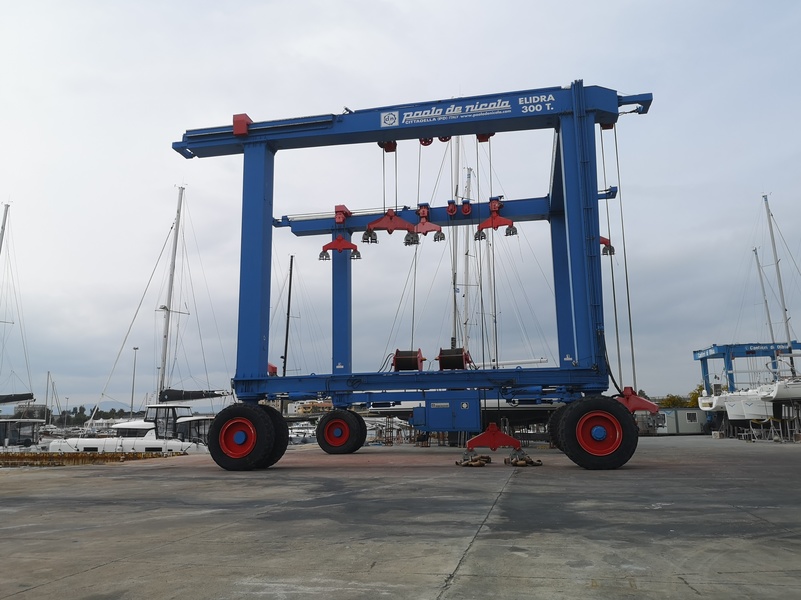
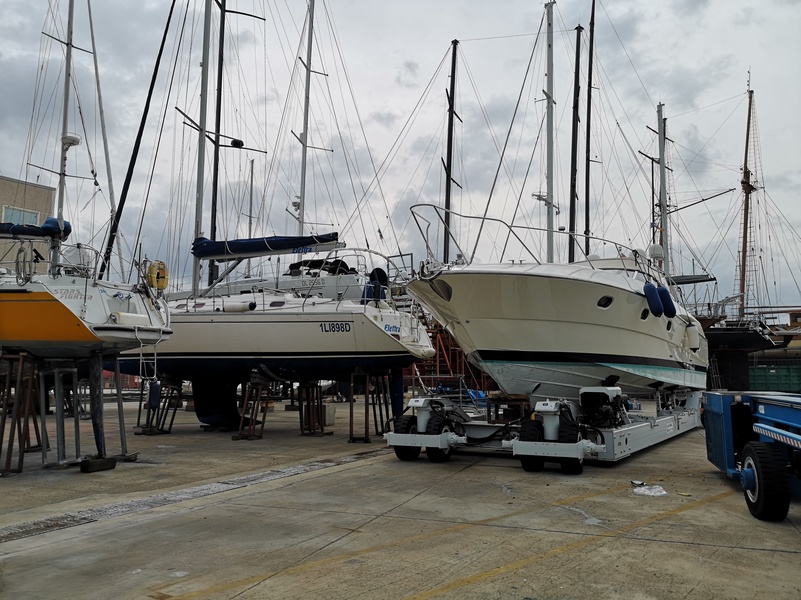
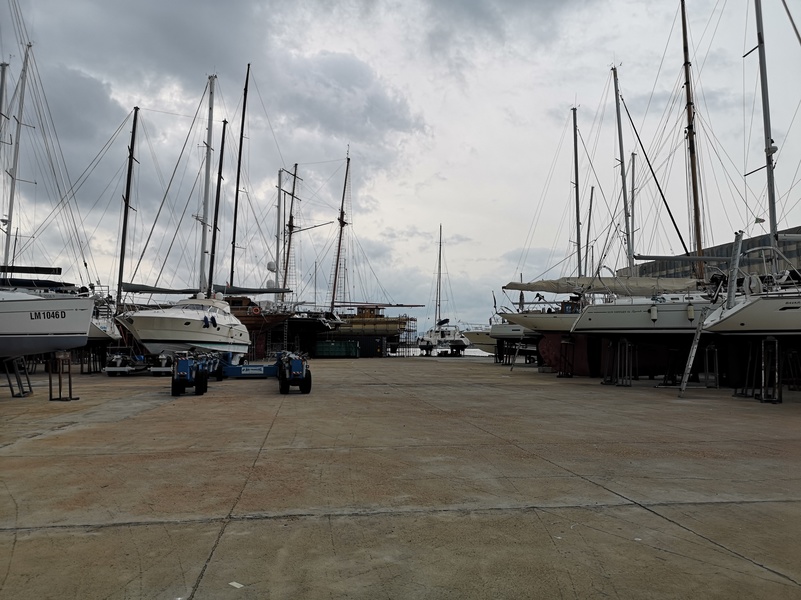
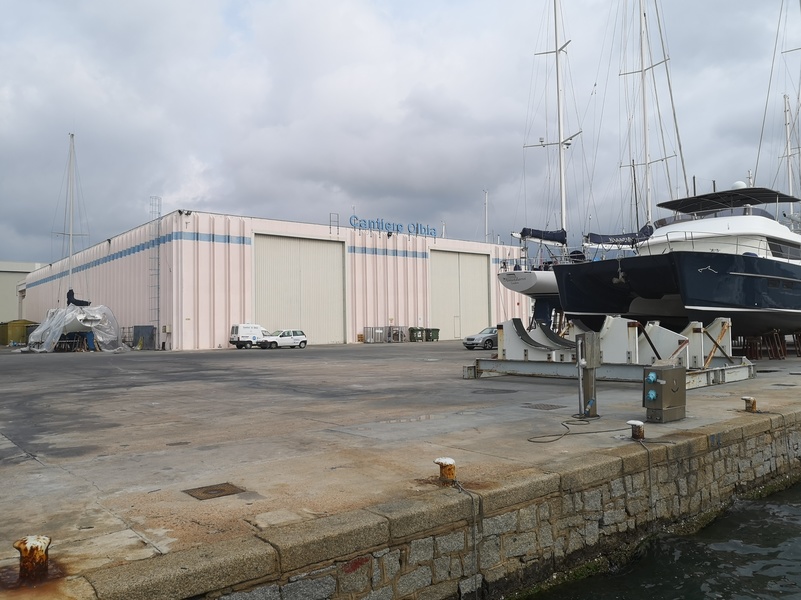
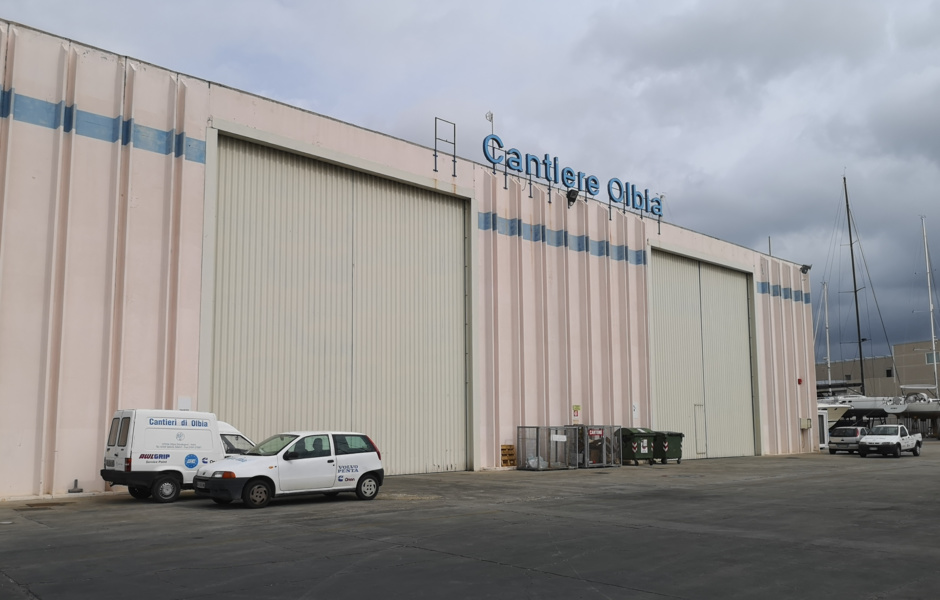
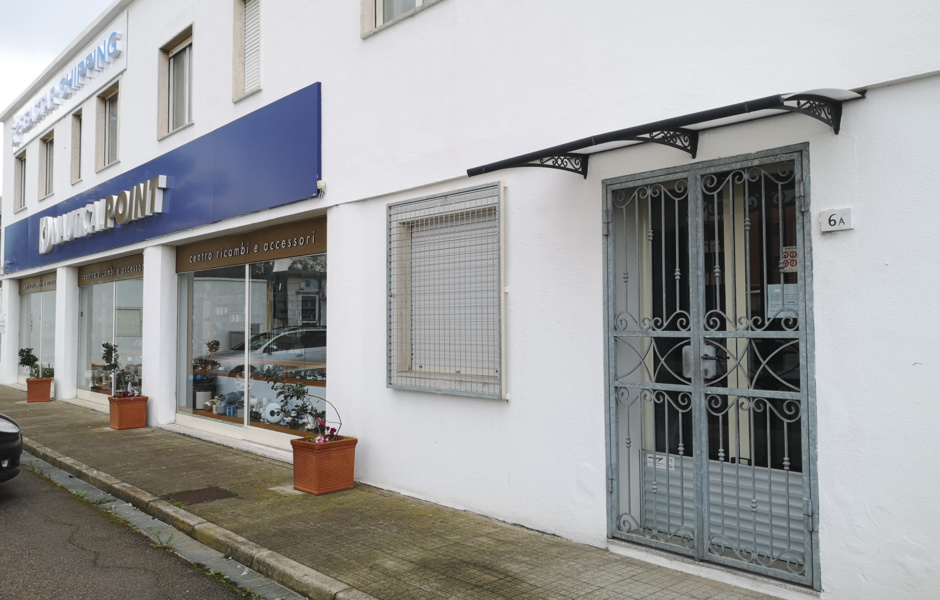
Logistical issues
Hungary and Slovenia were the first European countries to restrict the entry of not only passenger but also foreign cargo vehicles into their territory. If this practice is adopted by other countries, it will not be easy for companies transporting boats and yachts. At the same time, those of them, whose logistics scheme implied the use of ferry service in the Baltic States, are already forced to allow road trains bypassing, «by land.
«For transportation of boats and yachts from Europe we actively use Baltic ferries. It allows saving time and reducing direct and indirect costs. The empty road train with the driver goes from Russia or Finland to Europe and further, having loaded the yacht, is transferred back. Due to the coronavirus the largest ferry operators stopped taking the drivers on board, - says the founder of the Russian company "Exclusive Logistics" Artem Rozhkov. - We have to send yachts with two or three overloads on so-called mafia trailers without drivers. Accordingly, all additional costs are re-exported to customers. Clients are still sympathetic, but the moment is unpleasant and the trend is not clear either.
Preparing transport at the shipyard now also takes more time. Due to the relocation of the shipyard and logistics partner staff to remote locations and the reduction of the working hours, response time to requests has increased.
However, according to Artem Rozhkov, the pandemic has its positive aspects. In connection with the coronavirus introduced relaxation in terms of drivers' compliance with the regime of work and rest, large cities (including Russia) began to let the trucks on its territory. In addition, in many countries, including Russia, the introduction of tax holidays for small businesses and other economic support measures indirectly affected by COVID-19 entrepreneurs are being discussed.
Closing of marinas and cancellation of charters
Many marinas and ports of the Mediterranean Sea have suspended their activities (in Italy, Spain and the French Cote d'Azur). Until March 31, France has a ban on any access to the water area for recreation. Before the season begins, this is not so critical, but there is no guarantee that the ban will not be extended, given that the number of sick people around the world continues to rise. However, several large marinas continue their work - in particular, Porto Montenegro in Montenegro, Limassol Marina in Cyprus, Port Hercules in Monaco (closed to cruise ships but open to yachts), Grand Harbour Marina in Malta.
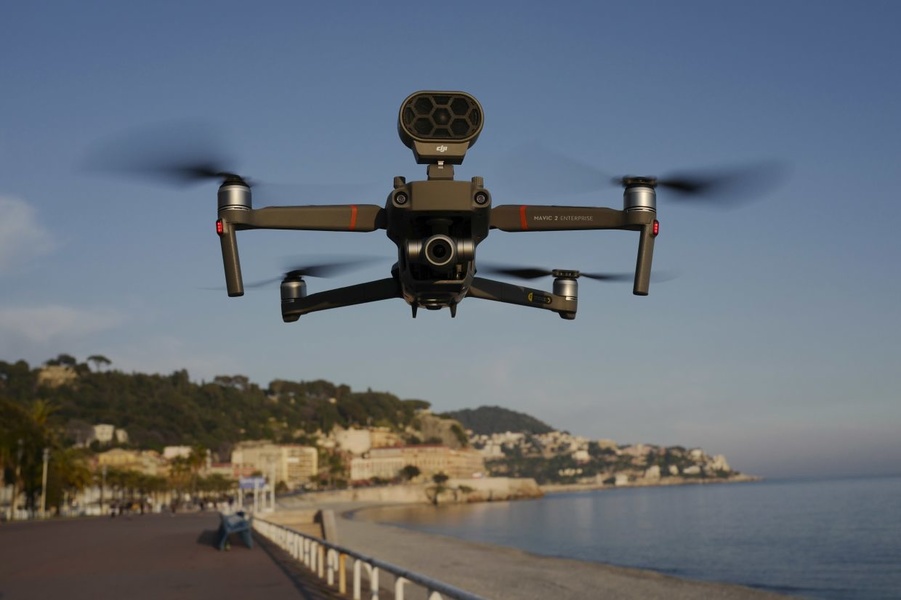
«The number of charter orders from large brokerage firms has dropped dramatically. On large yachts, tenants and owners compromise - the parties agree on alternatives for charter time, route, port of departure and arrival. The International Association of Yacht Brokers MYBA has issued an additional agreement to the standard megayacht charter contract, according to which it is possible to change the charter time or route, as well as to cancel it altogether with minimum penalty in the pre-agreed amount, or without penalty by mutual consent of the parties, - says Daniil Slugevich, - Small charter companies suffer even more than those that deal with large yachts. Booking deposits here are much lower than on megayachts, and charters are cancelled in general. And people are not ready to compromise anymore, they have lower incomes and a narrower planning horizon, so the boats will stay idle until the crisis is resolved. In the charter market, as well as in sales, after the crisis, we will be able to see a rush against the backdrop of pent-up demand.
Although COVID-19 infections are already being recorded along the Caribbean coast, the situation for yachtsmen in the region remains less alarming than in the Mediterranean. Super yacht marinas continue their work (which is not the case with cruise ship berths). In hard times private yachts have proven to be an island of peace and security for their owners.
Unlike cruise liners, yachts do not need an indoor terminal. People who come off a yacht intersect with others more often outdoors than indoors, which reduces the risk of virus transmission. And the number of guests and staff on board is ten times lower than on the liner. Combined with the high standards of cleanliness on private yachts, where air disinfection is often on top of everything else, all this makes superyacht marinas not the most dangerous place during a pandemic, so they keep working.
At the same time, if any of the guests or crew of the yacht are infected, due to the limited space and close contact between all those on board, the risk of spreading the disease becomes higher than on the liner.
As a result, the International Association of Marine Health has issued a Crew Hygiene Guide - WHO's rethought recommendations. To reduce the risk of COVID-19 infection, it is necessary:
- more often wash your hands thoroughly with soap
- and change medical masks every 2 hours when coughing and sneezing, and avoid
- contact with people with symptoms of cold and flu. go to the
- doctor and inform about previous trips and contacts if you have these symptomsIn case of crews , these general recommendations are supplemented by the following points:
- to heat all products used for cooking on board
- do not eat raw eggs, meat and milk.
- to isolate themselves in the cabin at the first signs of illness and to call a doctor at the next port parking lot
- If there is an illness on board, fill in a declaration and notify the port authority.

